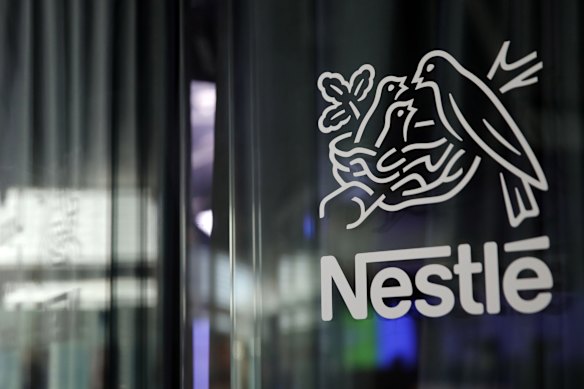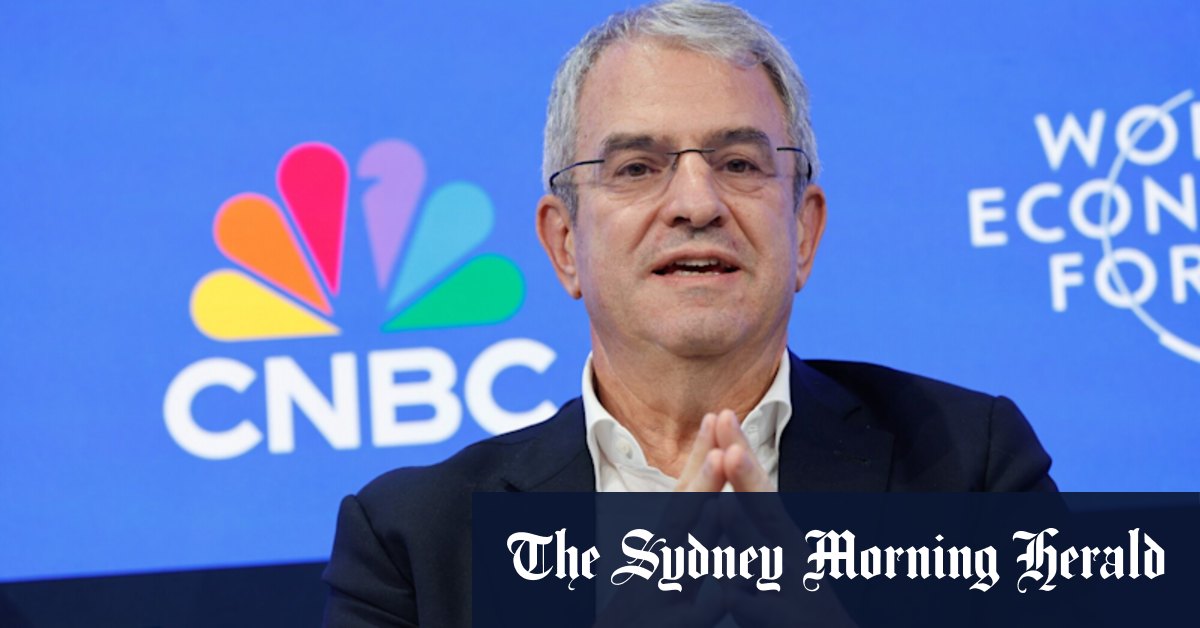Navratil, a company veteran of more than 20 years, joined the executive board at the start of this year and has been serving as CEO of Nestlé’s Nespresso.
He was previously senior vice president and head of the Coffee strategic business unit, where he was responsible for global strategy for the Nescafé coffee brand and the licensing partnership with Starbucks.

The abrupt change adds to the turbulence at Nestle’s helm.Credit: Bloomberg photo by Stefan Wermuth
“I fully embrace the company’s strategic direction, as well as the action plan in place to drive Nestlé’s performance,” he said, according to Monday’s statement.
Now that business has stabilised, Navratil has the potential to accelerate long-term growth and look at portfolio restructurings such as an exit from lower-growth cereals and water, Bloomberg Intelligence’s Duncan Fox said in a note. His age of below 50 years signals that he could see a 10-year-plus tenure, he added.
Another challenge for Nestlé is the global trade friction prompted by US President Donald Trump’s tariffs. Freixe has often pointed to the fact that some 90 per cent of Nestle’s US-sold products are made domestically. One prominent exception is Nespresso capsules, which are exclusively produced in Switzerland and now face a 39 per cent tariff.
Loading
“This comes at a sensitive juncture, as Nestle is already under the spotlight amid a negative news flow,” said Vontobel analyst Jean-Philippe Bertschy. “Nestlé should soon find calmer waters, as investors’ nerves have been tested for several months.”
Freixe is the latest of several consumer and retail company bosses to lose their jobs over workplace relationships in recent years.
McDonald’s dismissed then-CEO Steve Easterbrook in 2019 after he had a consensual relationship with an employee, and in 2025 Kohl’s removed CEO Ashley Buchanan, who had directed millions of dollars of business to a romantic partner.
Freixe aimed to reignite growth and win over shoppers by boosting advertising spending and betting on fewer but bigger product initiatives. He also kicked off a strategic review of struggling vitamin brands and spun off the company’s waters business into a standalone unit. However, he failed to regain investors’ trust, with Nestlé shares declining 17 per cent under his tenure, compared with a roughly 5 per cent decline for rival Unilever.
Nestlé’s sales volumes contracted 0.4 per cent in the second quarter.
Bloomberg
The Business Briefing newsletter delivers major stories, exclusive coverage and expert opinion. Sign up to get it every weekday morning.

